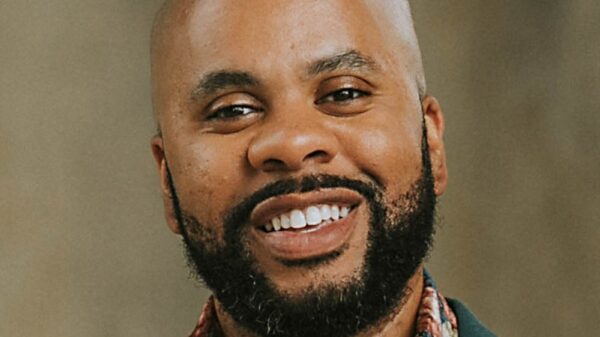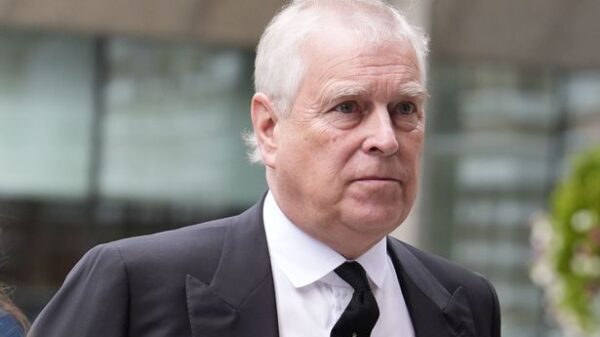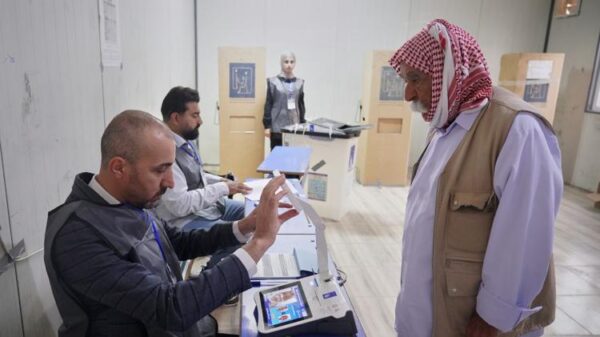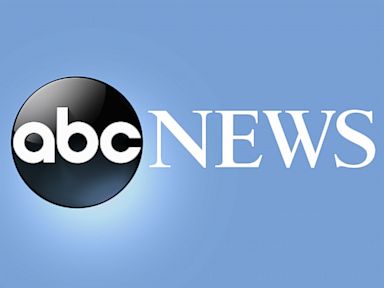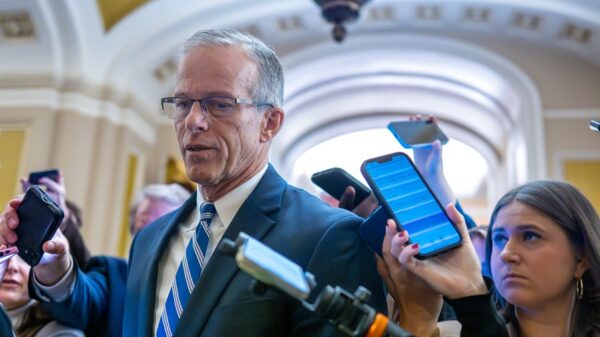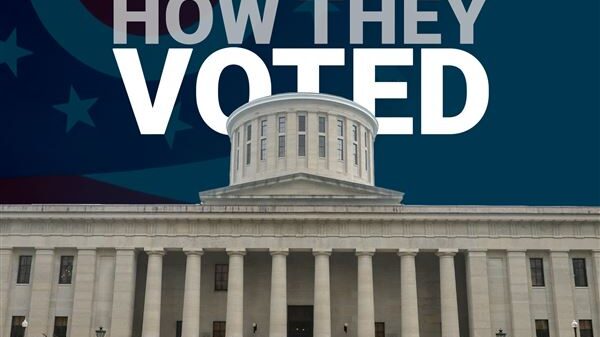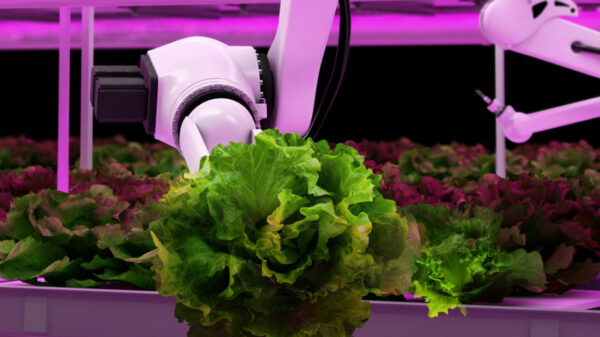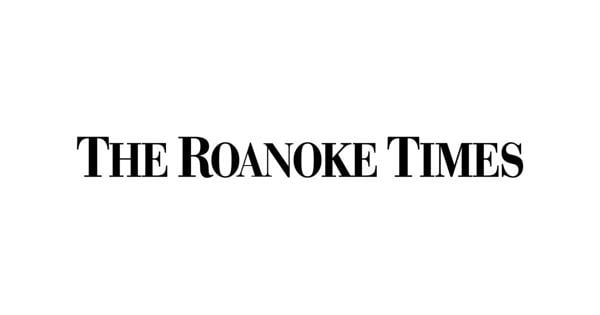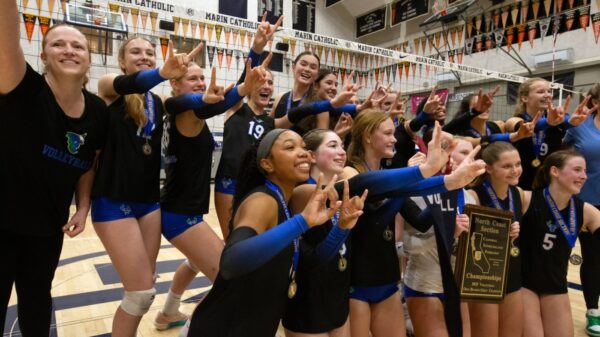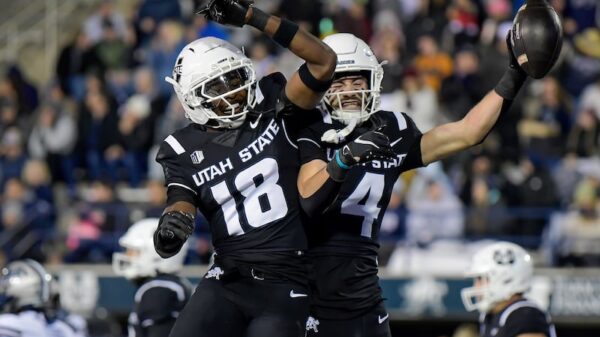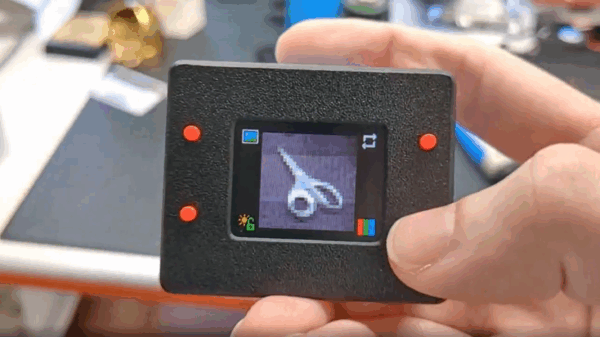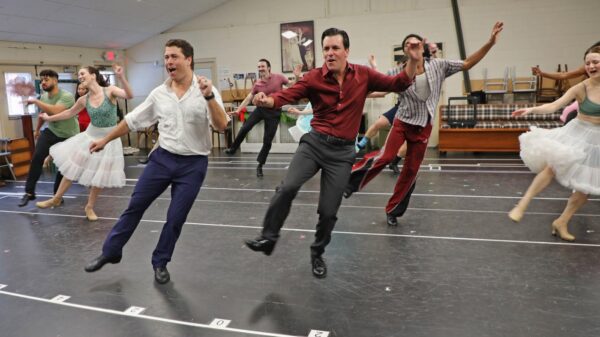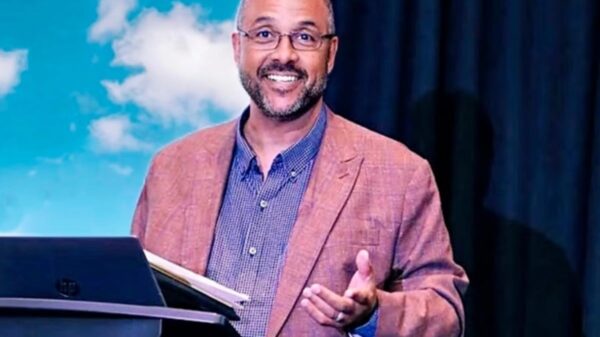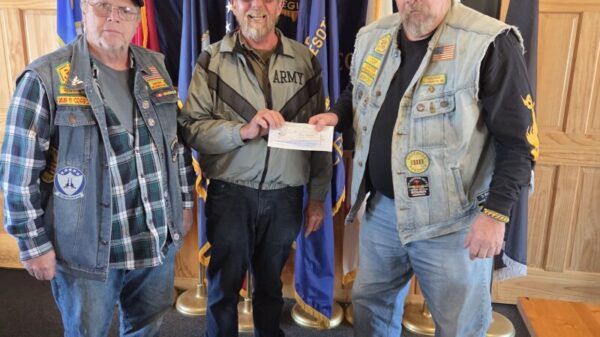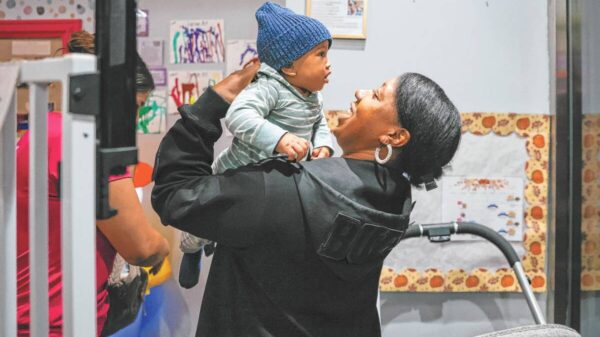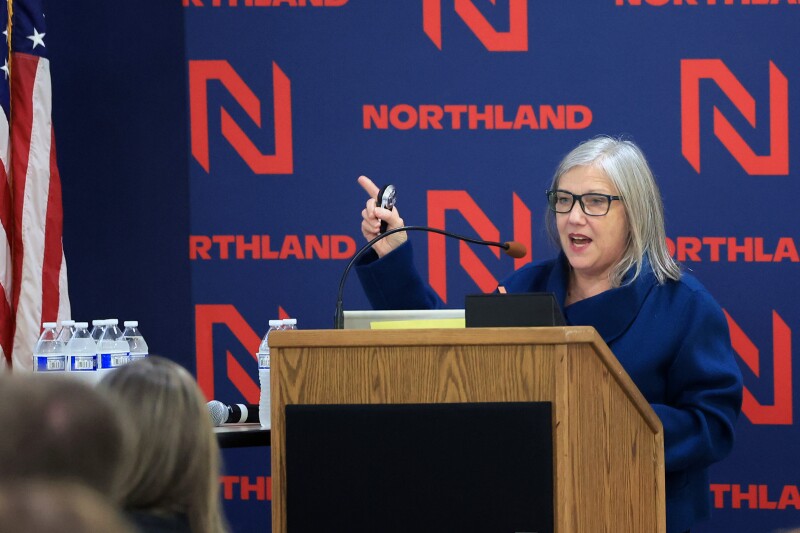During the annual State of the College event on October 16, 2023, leaders at Northland Community and Technical College emphasized their commitment to enhancing workforce partnerships and educational opportunities. President Shari Olson highlighted major initiatives aimed at transforming the futures of students and the surrounding communities in East Grand Forks, Minnesota.
Key Goals and Accomplishments
Themed “transforming futures together,” the event focused on strategic goals established under Olson’s interim presidency. These goals center on a shared governance model, a target of 10% enrollment growth over three years, and the well-being of both staff and students. Olson noted a significant 9.1% increase in enrollment within just one year, underlining the effectiveness of these initiatives.
Olson also introduced new well-being programs, including therapy dogs, lunch hour yoga classes, and the Million Step Challenge, which currently has 200 participants. She urged attendees to contribute ideas on further enhancing workforce partnerships to benefit the region.
Expanding Workforce Development Opportunities
Olson was joined by Kirsten Michalke, dean of workforce development, who discussed the collaboration with Marvin Windows to establish a site in Warroad, Minnesota. This partnership aims to create a regional learning lab, addressing the educational needs of an area over 80 miles from the nearest college. Initially focused on advanced manufacturing certifications, the facility has evolved into a comprehensive career planning resource.
At the lab, students can participate in the mechatronics program with flexible hours and a hybrid learning model, allowing them to progress according to their schedules. “The idea is to come consistently, keep up with the competencies, and continue on through the class as it fits in their schedule,” Michalke explained.
Further insights into specialized programs were shared by Don Fischer, director of aerospace programs. He highlighted the college’s offerings in aerospace and unmanned aircraft systems, where students gain hands-on experience using real tools on actual aircraft in a working hangar.
“We are modernizing aviation education by integrating UAS and advanced technologies into our classrooms,” Fischer stated, ensuring that students are equipped with the skills necessary for today’s aerospace industry.
Strengthening Agriculture and Health Care Education
The college’s farm business management program, overseen by Ron Dvergsten, also drew attention. Serving over 2,200 farmers across Minnesota, the program helps farmers make informed business decisions. Dvergsten described it as the “best-kept secret in town” and noted that many students are senior citizens who benefit from the program’s practical approach.
“Their farm is their lab,” he said, emphasizing the importance of real-world experience in agricultural education.
Addressing the growing needs of rural health care, John Fields, vice president of academic and student affairs, discussed initiatives aimed at supporting local nursing professionals. Following discussions with Altru Health System and Bemidji State University, Northland has launched a fully online program for working nurses. This program has a capped cost of $10,500 for two years.
“This supports retention and leadership in our rural health care systems, helping to grow our own talent in the region,” Fields noted.
In a call to action, Olson encouraged attendees to share their ideas for enhancing workforce partnerships. Suggestions ranged from child care initiatives to developing shared staffing models and establishing advisory boards. The collaborative spirit evident at the event underscored Northland’s commitment to fostering educational and workforce development in the region.




